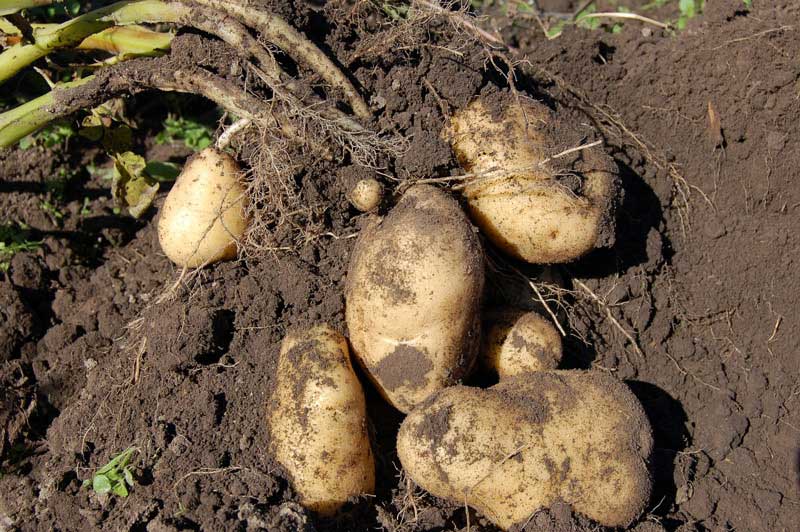
- Soil Association
- Farmers & growers
- Our Farming Projects
- Organic-PLUS Project

Organic-PLUS
Organic-PLUS is an EU-wide research project to minimise - and eventually phase out - certain contentious inputs occasionally used in certified organic agriculture.
About Organic-PLUS
After 4.5 years of work across EU countries, the Organic-PLUS (O+) project ended in October 2022.
The project’s goal was to identify and explore alternatives to some contentious inputs currently being used in European organic agriculture... and which could also be of interest for conventional farmers. This will allow organic farmers to be more aligned with the principles of ecology while making the adoption of agroecological practices accessible to conventional farmers. Direct replacements were one of the pillars of the project, but the team also emphasised and researched system approaches on a farm level.
Engaging stakeholders from across the value chain
To make sure the research resonated with a variety of “users”, and honouring the bottom-up approach to innovation that characterises agroecological and organic approaches, the team engaged with stakeholders from across countries and agricultural activities/value chains. This led to a participatory approach to co-creation from the project.
Researchers, advisors, farmers, policy makers and other stakeholders came together to discuss their needs, talk about opportunities, and plan and implement research to explore accessible and cost-efficient alternatives to contentious inputs.
Resources coming out of Organic-PLUS
Consortium Member’s Network
O+ leveraged the consortium member’s networks. The team comprised 10 universities and 15 research organisations and NGOs from 9 EU and 3 associated countries. Their remit is to bring together a variety of participants from different countries with an interest in the project's goals: Members include
- citizen-consumers
- farmers
- food industry actors
- policy makers
Feedback loops were established at each stage for
- data collection
- WP activities
- case study creation
- assessment processes
In addition to receiving feedback, this allowed all stakeholders (not least researchers) to learn from each other and find comprehensive and practical solutions.
The team also undertook an online survey of public opinion across seven European countries (France, Germany, Italy, Norway, Poland, Spain and the UK) to understand what the public perceptions are on contentious inputs.
Topics explored by O+
O+ explored a wide range of topics and inputs:
- Alternatives to copper and mineral oils used for plant protection
- Natural plant sources of vitamins as alternatives to synthetic products
- Novel bedding materials in place of straw
- Alternatives to manure from non-organic farms and other animal-derived fertility inputs such as blood and bone meal (including legume-based fertilisers in horticultural production, marine derived fertilisers and pond sediments)
- Alternatives to peat in growing media (including materials from agroforestry) and alternatives to fossil fuel-derived plastic used as a weed supressing mulch (including degradable plastics and biocomposites).
To facilitate uptake, the team also worked on modelling pathways for the phase-out of contentions inputs.
Resources created for different stakeholder groups
O+ members also explored a variety of resources to appeal to different audiences: peer-reviewed academic journal articles, trade and farmer-facing publication articles, project and project members’ social media, product sheets, on-farm events, demonstration and training activities, living labs, conferences, and policy workshops.
And while the work is over, the varied resources developed during the life of the project are still available to be used by audiences across the European continent. You can find the resources in the project’s legacy page.
The project also led to a variety of “spin off” projects that will continue beyond the life of O+, two of which the Soil Association is currently involved in:
'Spin off' projects

This project has received funding from the European Union’s Horizon 2020 research and innovation programme under grant agreement No. 774340.
Follow the project on Twitter
In this section...
Need more info?
Get in touch



